|
I have never believed that the only or the best form of activism is gathering in the street. Instead, we need all different kinds working in concert: community organizers, social workers, artists, lobbyists (for good causes), lawyers, teachers and professors, hashtaggers, and public intellectuals.
However, today, my wife H and I weaved our way through Manhattan’s sunny (and 93°) streets to join protesters at Foley Park fighting against the current immigration policies that separate border-crossing children from their parents. People who have attempted to make the arduous, dangerous, and dehydrating journey across the U.S.–Mexico border have long been associated metaphorically with pest animals, such as Curry Todd’s (R-TN) 2010 comment comparing Latina immigrants to rats by stating “They can go out there like rats and multiply.” These xenophobic and white supremacist correlations, while erroneous, have material effects. In this case: families being separated. These border crossers are not coming into the United States to “infest” by taking American jobs and social services away from Americans. No. They are coming to the United States to escape situations so dreadful that they are willing to risk dying in the desert for the chance at survival in our nation. How can we shift the public discourse on immigration to who border crossers are running from? In some cases, it is fascist governments; in others, economic situations have been rendered impossible by the colonization of indigenous lands, the Western imposition of wage labor, American-driven maquiladoras, and the effects of climate change (read: drought in farming areas). Upon arrival to Foley Square, I began weeping silently behind my sunglasses. It was recognition of what is actually happening down in Texas this past month—kids being separated from their parents—but also seeing this as a result of slow violence over the course of years leading up to this point. How many families ran out of water before making it to the border? Being in that space with other allied individuals, though, gave me recognition that there are still plenty of good people out there whose energies, skills, and talents could be harnessed for positive social change. On the car ride home, I was overcome with overwhelm, partially from being on the verge of a panic attack and partially from having low electrolytes from sweating in the sun. As we often do, H and I began to unpack what we had just experienced. It is important to recognize that the present regime wants us to be overwhelmed into paralysis, powerlessness, and paranoia. It is important not to deny our feelings of anger and empathy. It is important to scream when we need to scream, and a protest is often an opportunity to do so. It is important to see and share space with a like-minded community. It is important to realize that what is happening isn’t about me. The white guilt or guilt stemming from the privileges that I have is not useful as it keeps me in that stuck place of beating myself up for not doing enough. Through the theories of intersectionality, which articulate how oppression is cumulative, I know that I have it good. So, instead, I can channel the empathy that I feel for the children, border-crossers, and refugees across the world to stand up and fight white supremacy in small and meaningful ways. One protester had a sign that read: “If you think you are too small to make a difference, try sleeping with a mosquito.” In true Feminist Pest Control fashion, this sign acknowledges the difference we are all making by continuing to discuss, to post on social media, to call our local politicians, to gather in the street, to make art, to educate others, and to be an example of who you want to be in the world. A Trump presidency has shone light on the issues and structural oppression that we need to face head on. Do not let yourself get overwhelmed by the daily stories of horror and terror. At the very least, Trump has helped to mobilize large swaths of people towards activism. You can make a difference. You can infest the world with acts of radical empathy instead of evil.
17 Comments
This past weekend (June 1-4 2017), Feminist Pest Control was in action at the Berkshire Conference for Women Historians at Hofstra University (Hempstead, NY). While there was a low turn out for the workshop I presented titled "Invisible Death: why is no one clamoring to Save the Pests?", I was able to capture my introduction by using the Facebook Live feature. Below you can hear me articulating the Feminist Pest Control Origin Story, the Fem(manifesto), and how Feminist Pest Control derives from feminist inklings. Enjoy! And please contact me if you have any interest in putting on a Feminist Pest Control event in your local area or university or art gallery.
|
AuthorLindsay Garcia is an artist, PhD Student, and Feminist Pest Control Agent. ArchivesCategories
All
|
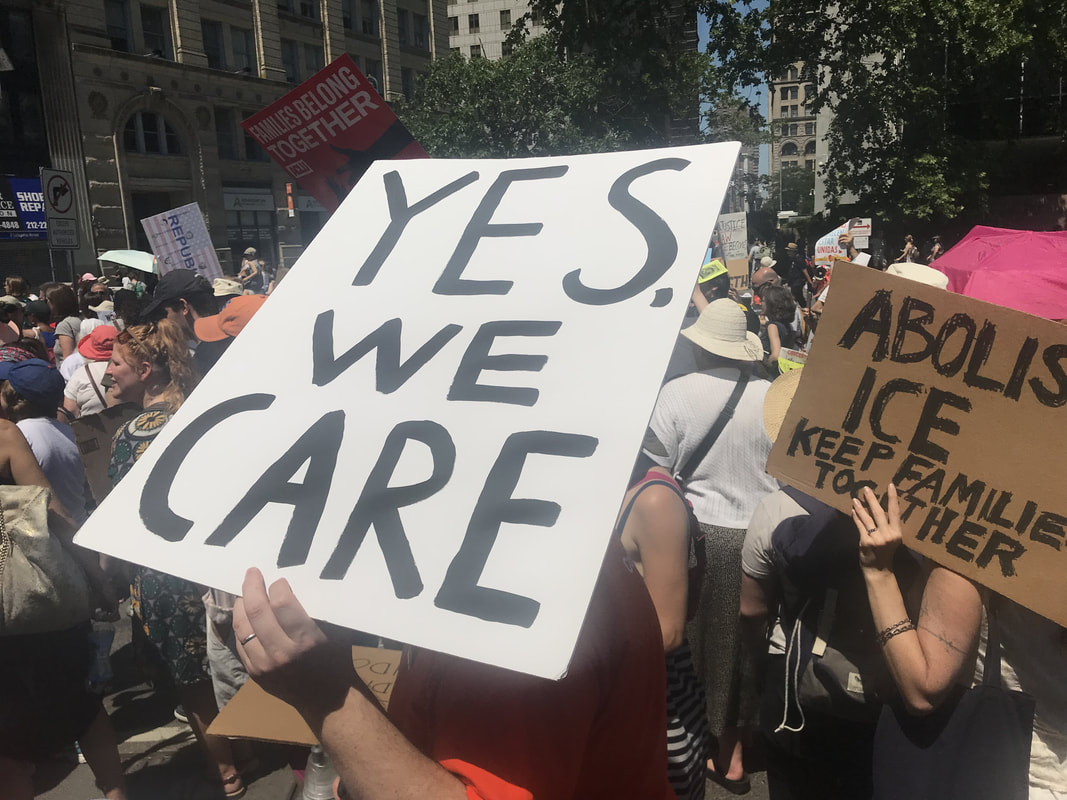
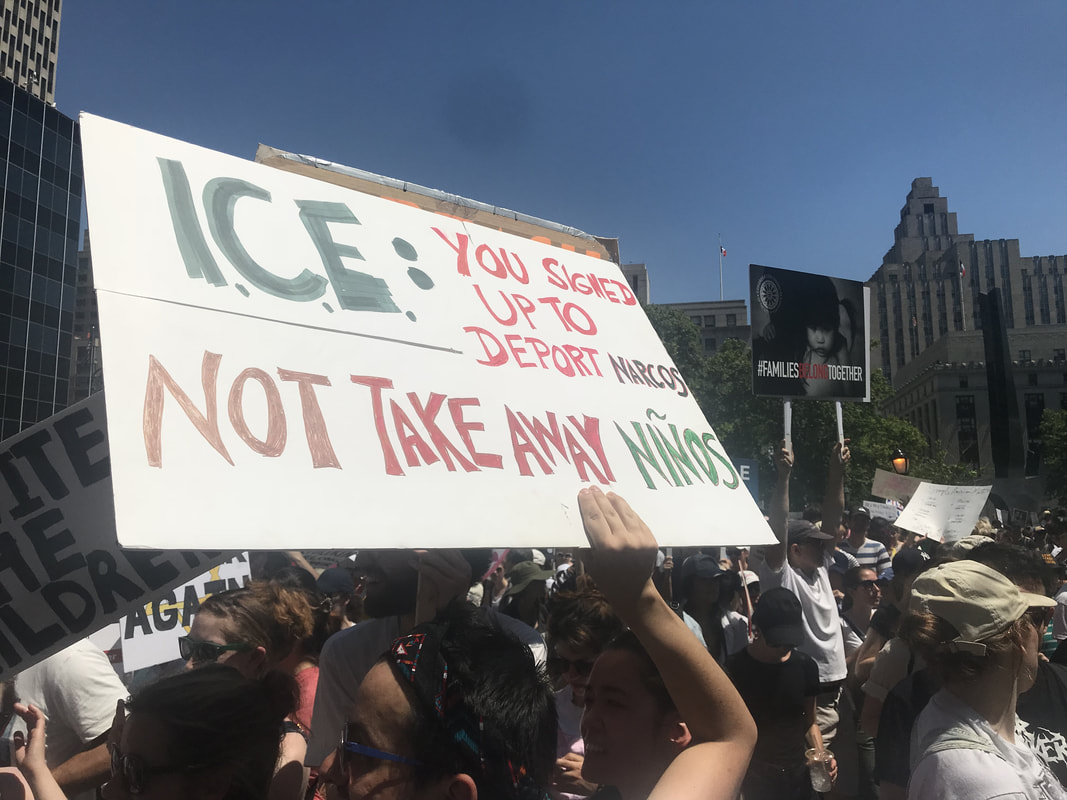
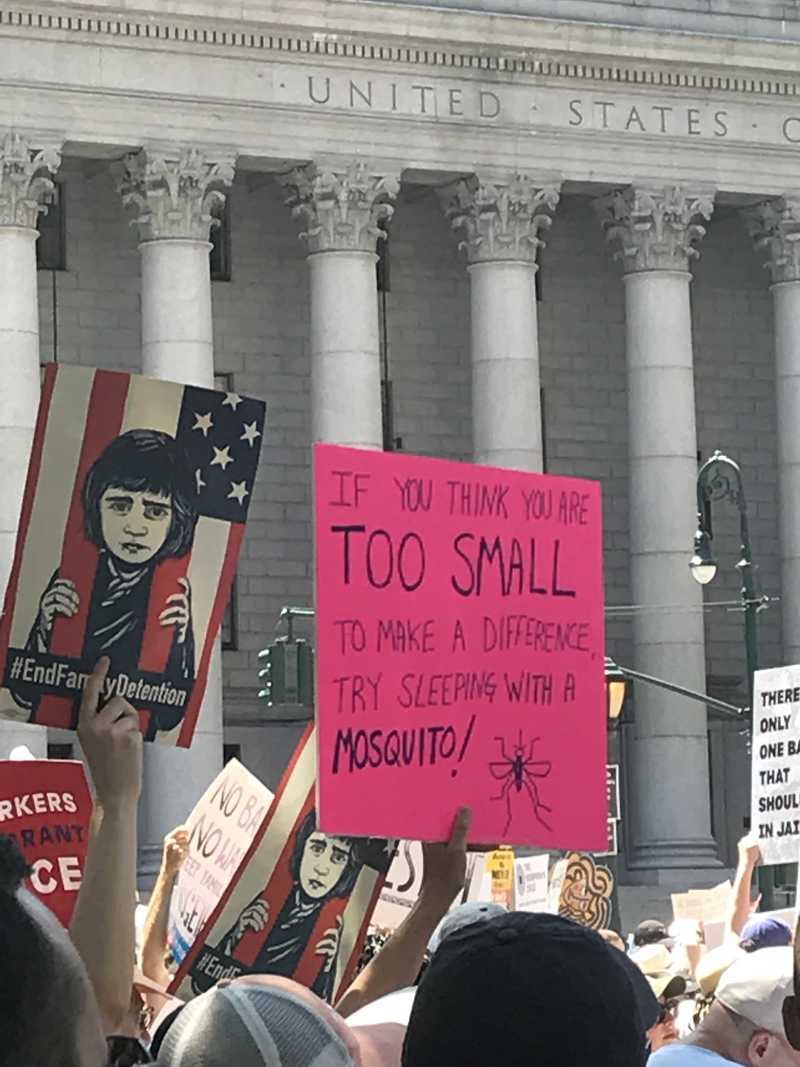
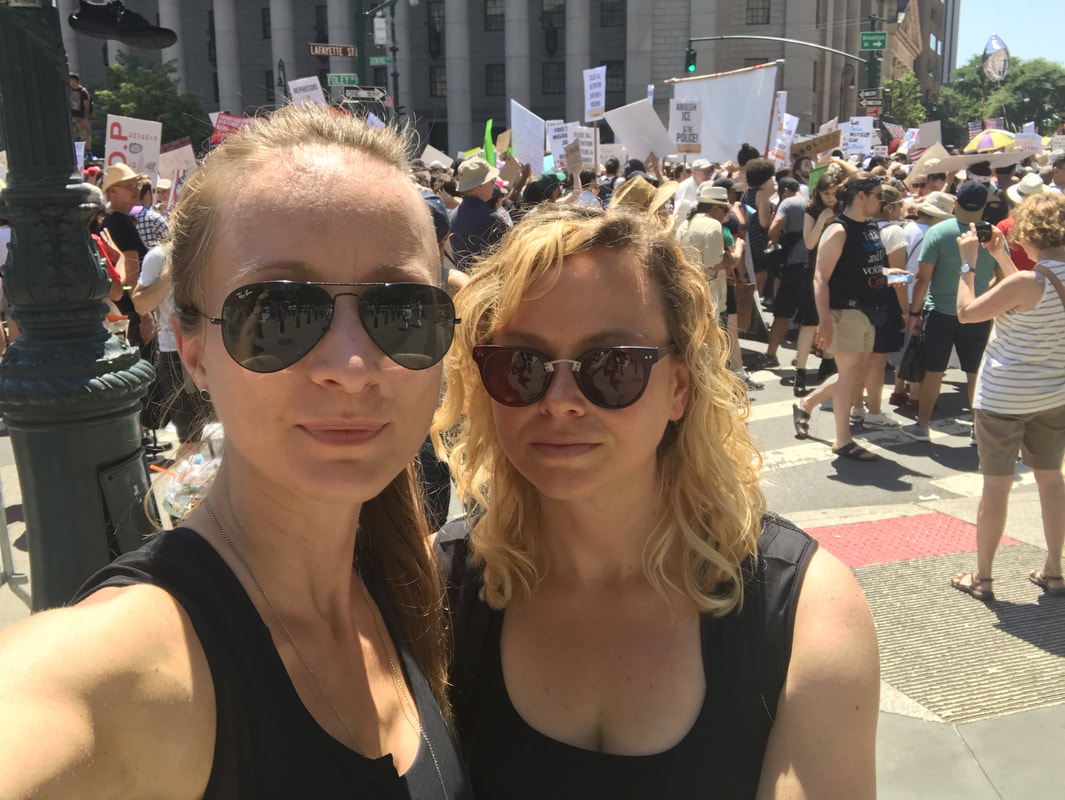
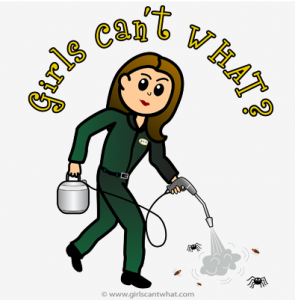
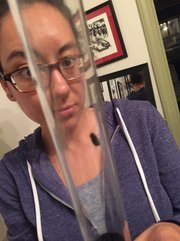

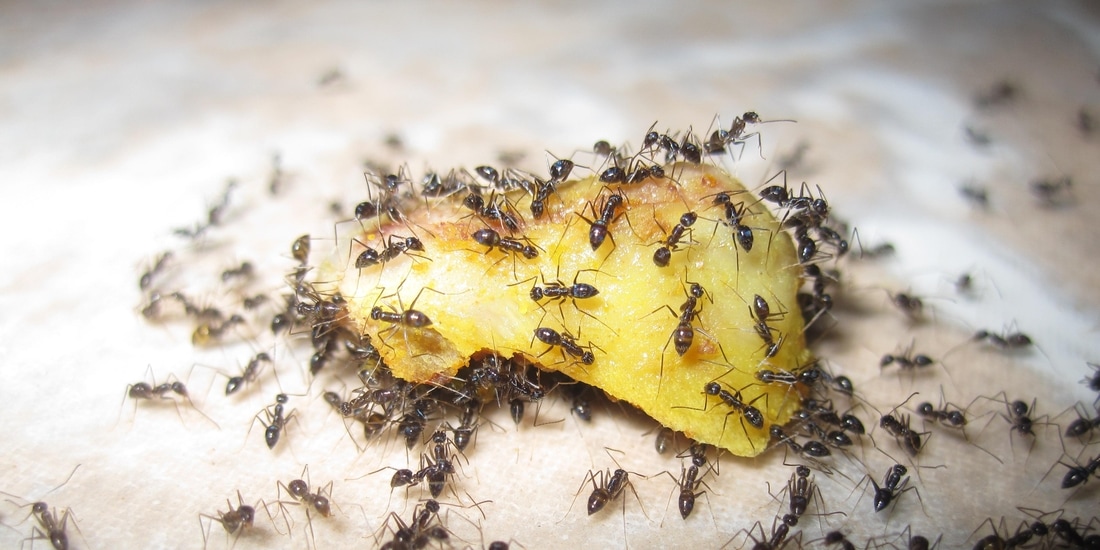
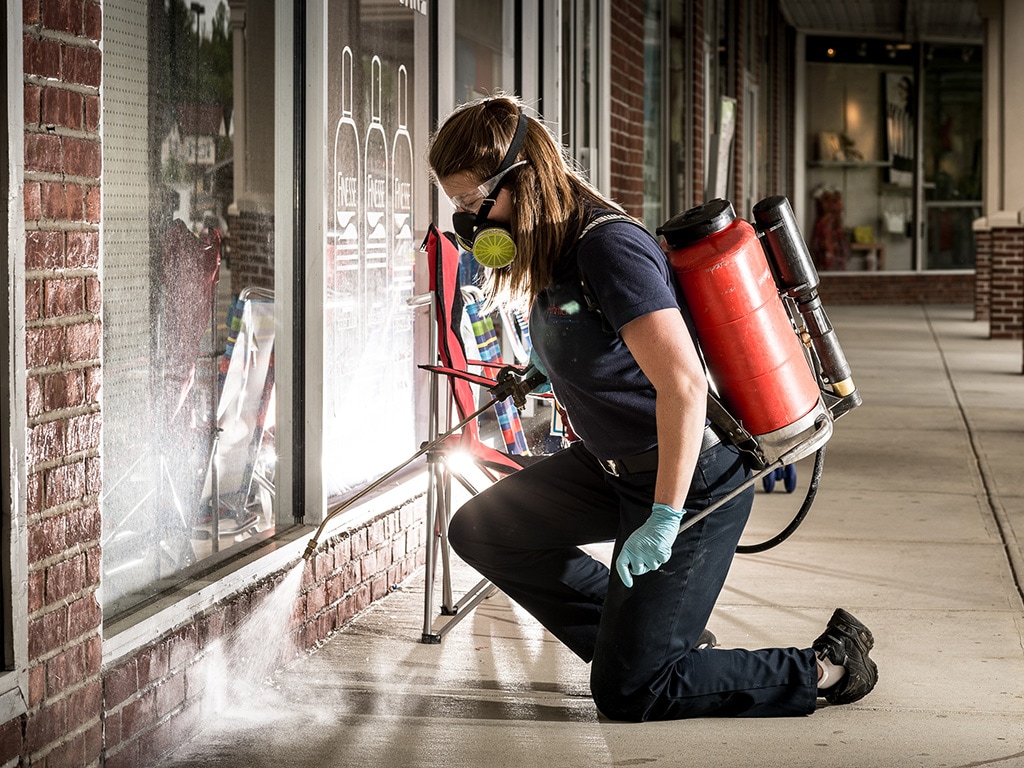
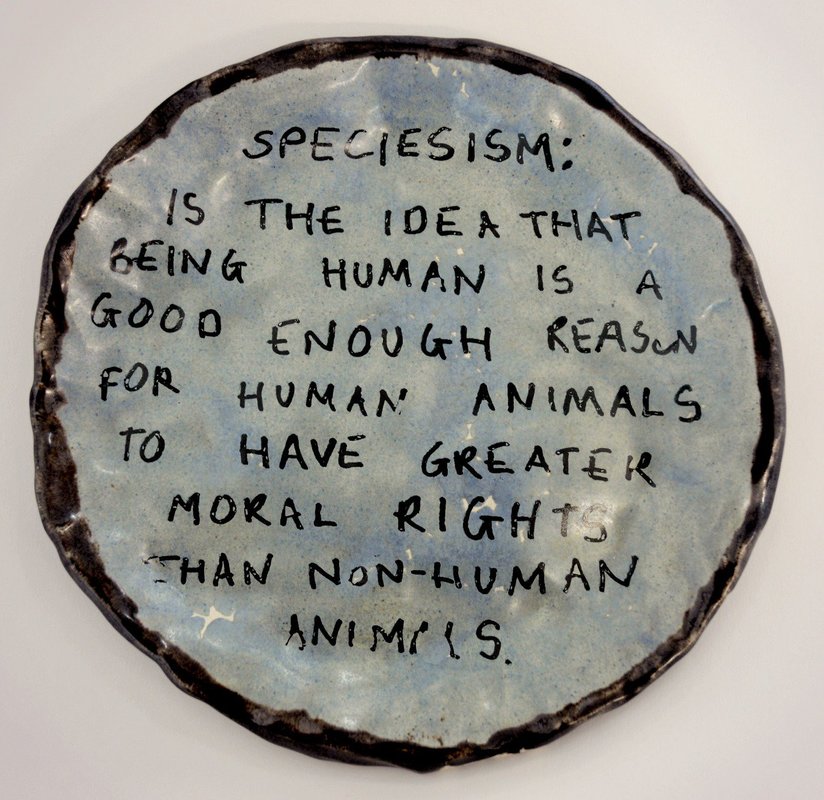
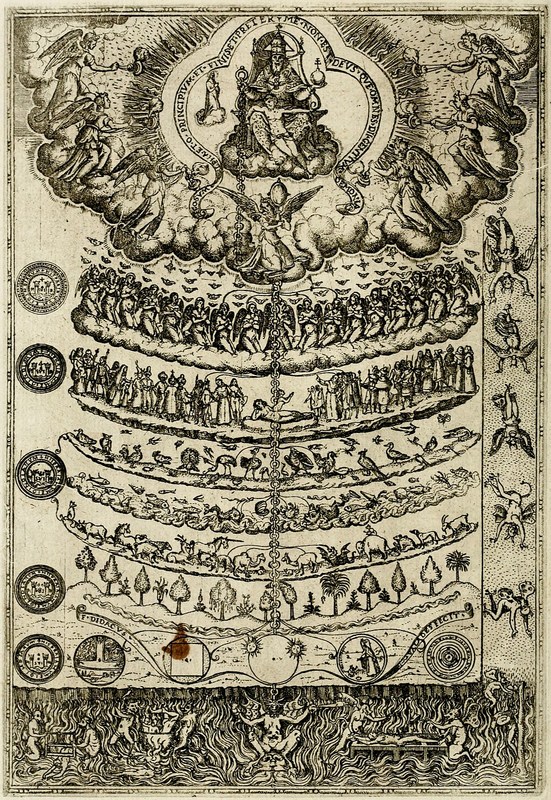
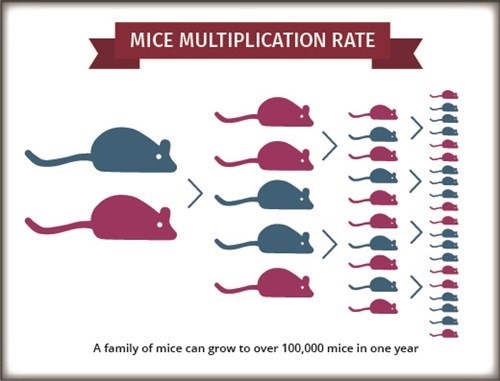
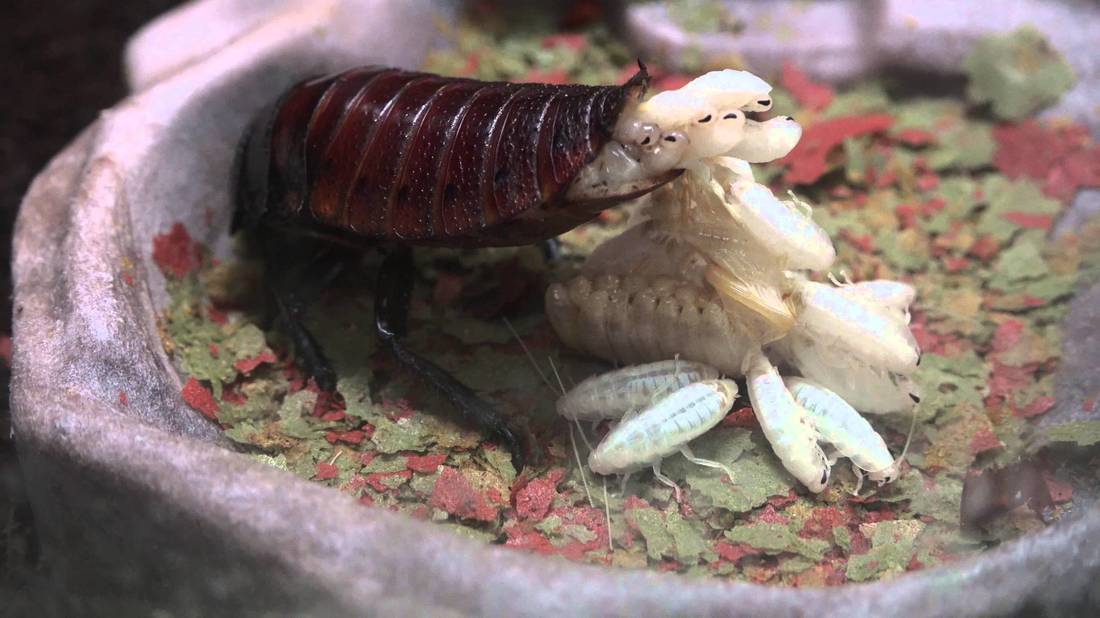

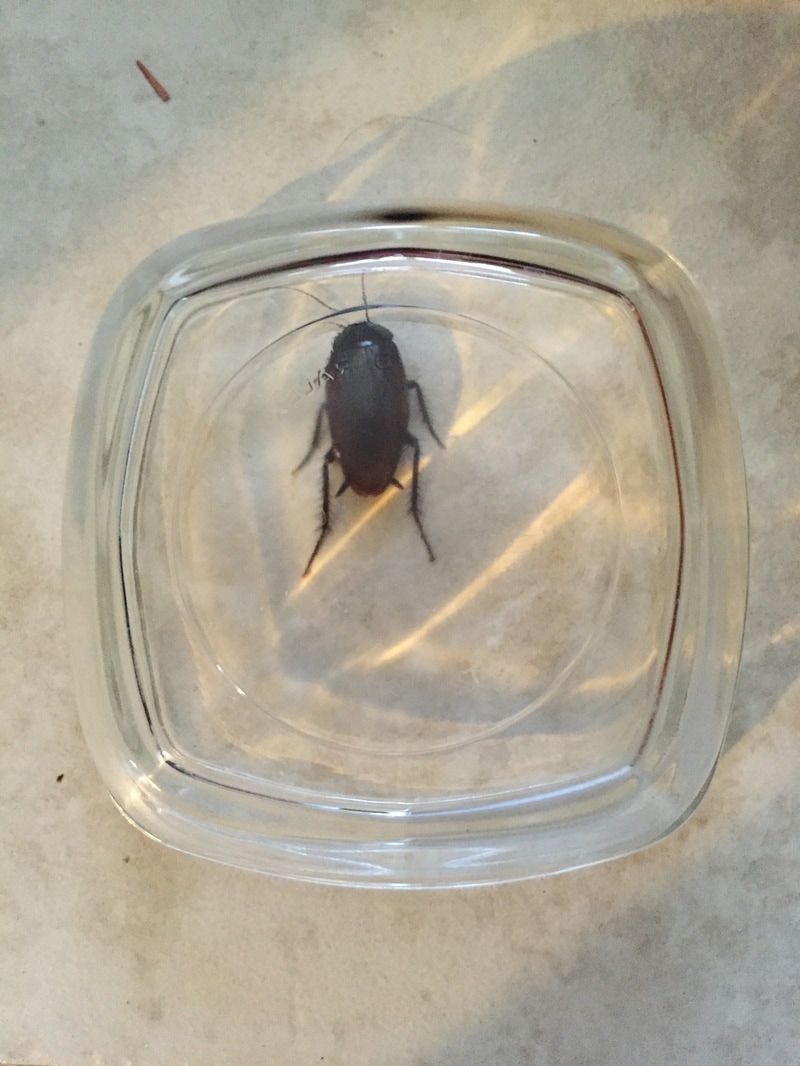
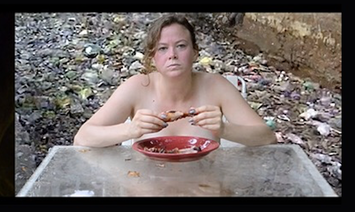
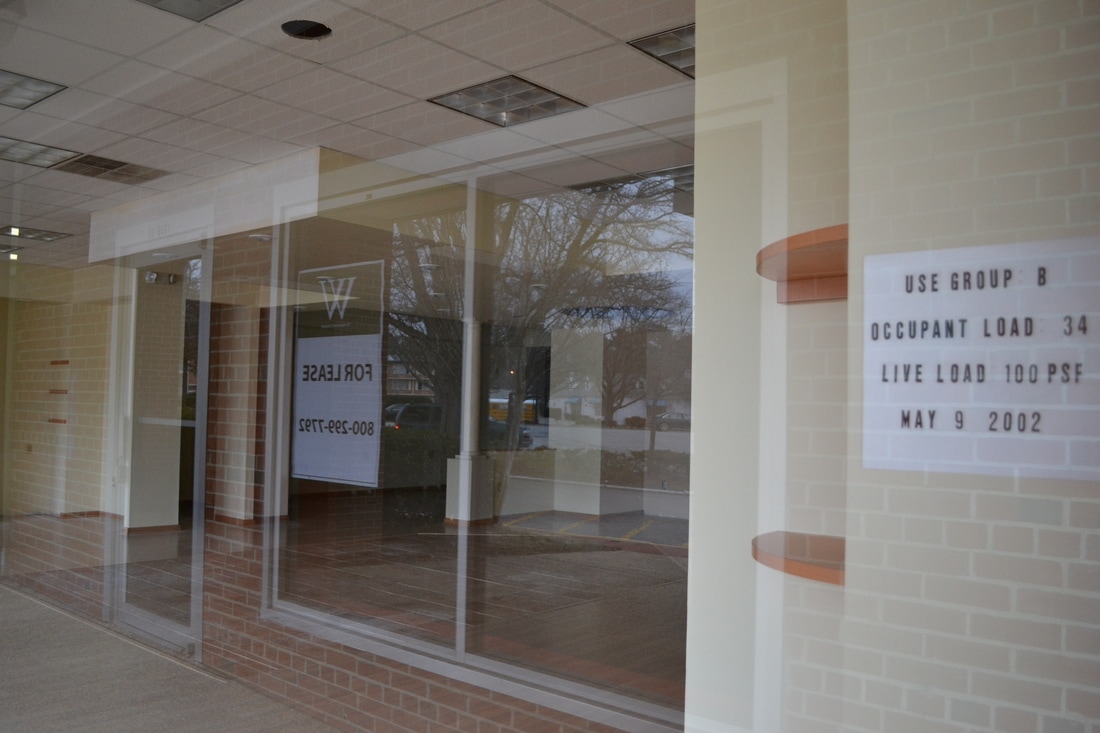
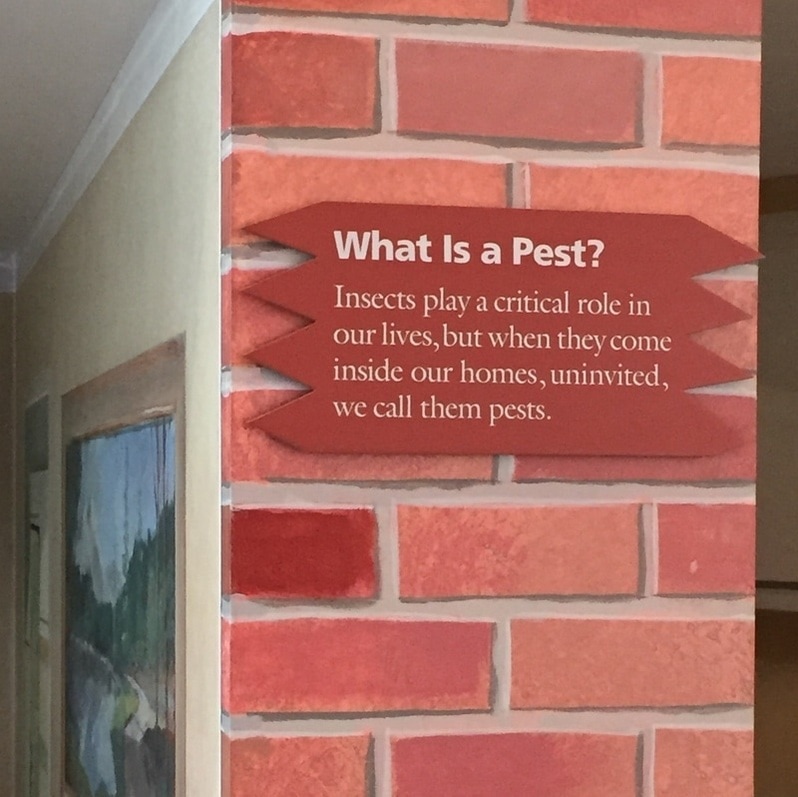
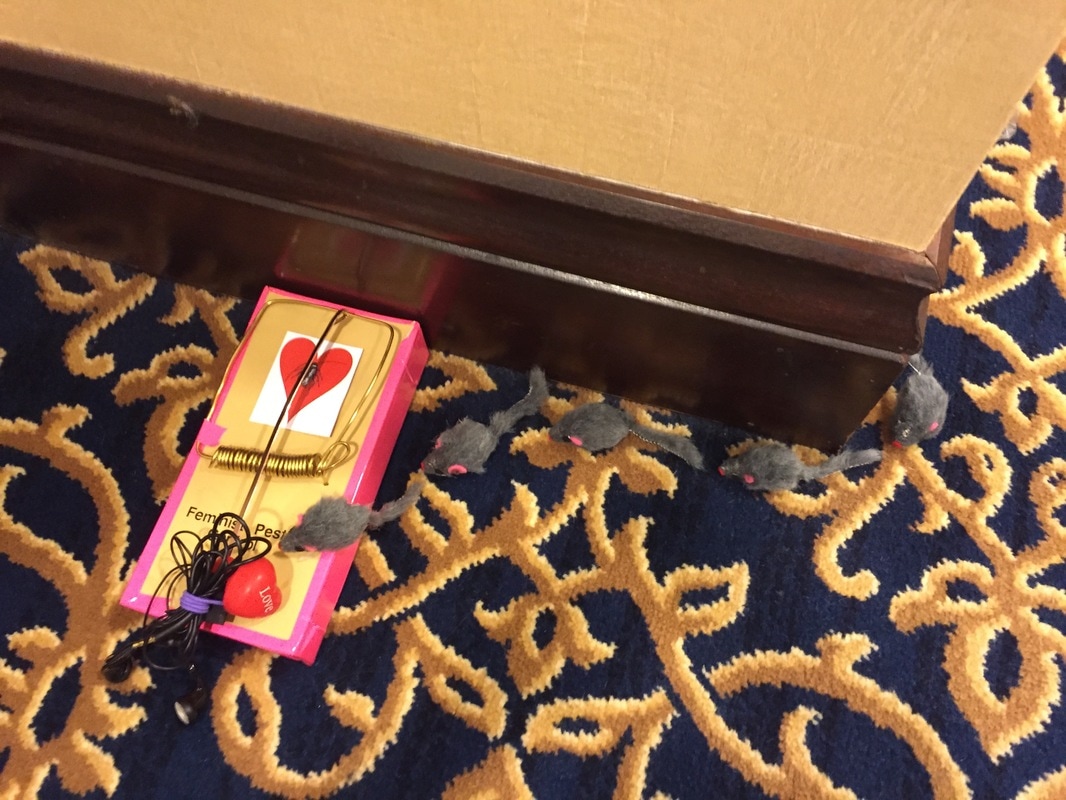
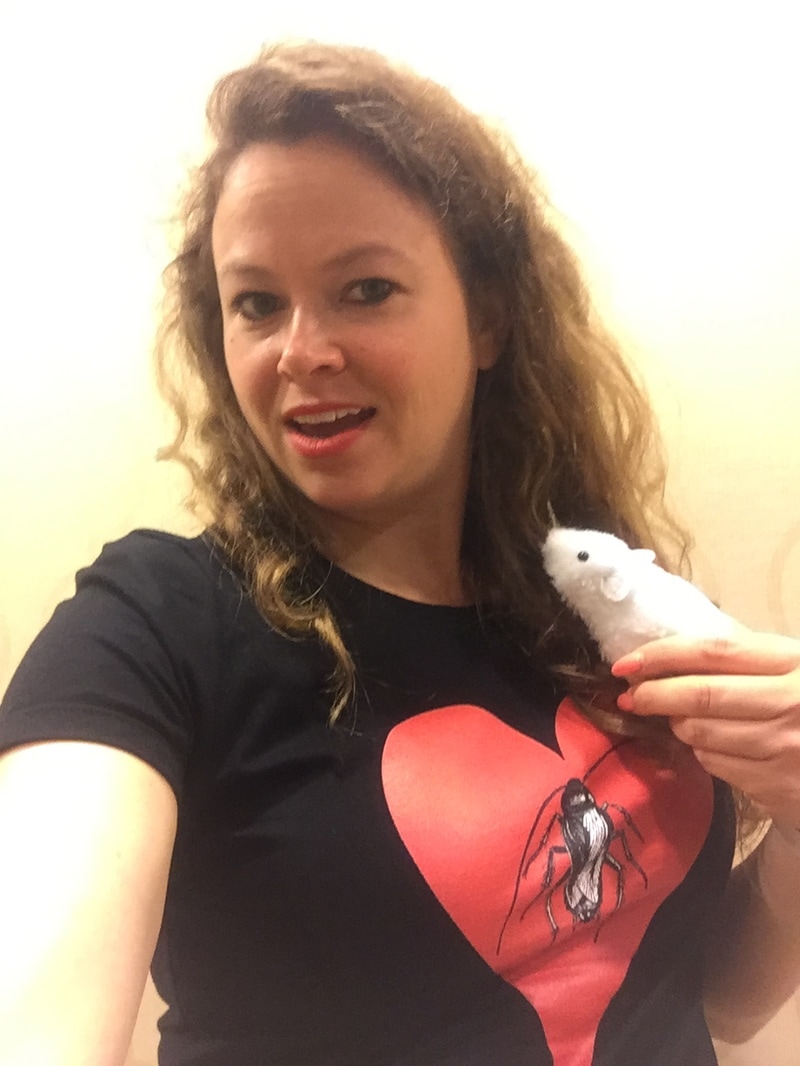
 RSS Feed
RSS Feed
